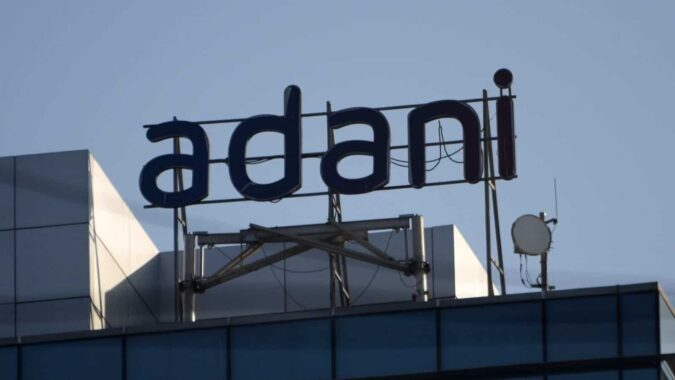India’s Adani Group has told creditors it has secured a $3 billion loan from a sovereign wealth fund, two sources with knowledge of the matter said, as the embattled conglomerate seeks to ease debt concerns after a short-seller attack.
The credit line from the sovereign wealth fund could be increased to $5 billion, the sources said, citing a memo that was circulated to participants as highlights of a three-day investor roadshow that ended on Wednesday.
Also Read| Adani Group rebuffs report of $400 million fundraise against Australian assets
The identity of the sovereign wealth fund was not disclosed in the memo. A third person familiar with the matter said Adani’s management told investors it was from the Middle East.
The sources declined to be identified as they were not authorised to speak with media. A spokesperson for Adani did not immediately respond to a Reuters request for comment.
The news comes a day after Adani management told bondholders that it expected to prepay or repay share-backed loans worth $690 million to $790 million by the end of March.
The plans are being unveiled as the group holds a fixed-income roadshow this week in Singapore and Hong Kong to shore up investor confidence amid steep share price falls and a regulatory probe.
Seven listed Adani Group companies have lost more than $140 billion in market value since a Jan. 24 report by Hindenburg Research alleged stock manipulation and improper use of tax havens, and flagged concerns over debt levels.
Adani has rejected the allegations and denied any wrongdoing.
A portion of the $3 billion credit, Adani management said during the last day of the roadshow in Hong Kong, has already been used to repay some of Adani’s share-backed loans, one of the sources said.
The ports-to-airport conglomerate’s management also sought to reassure investors that it has sufficient cash to prepay a lot of debts, including onshore bonds, and it has started doing that already, the source said.
But for offshore bonds, including some three-year U.S. bonds, the group is not allowed by regulators to prepay and also has no plan to buy them back as it needs to maintain a certain cash level to retain credit ratings, the source added.
